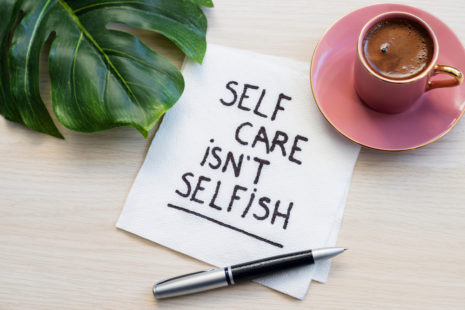While life coaching can be beneficial for many people, there are some potential downsides to consider…
- Lack of Regulation – Unlike therapists, who are required to have specific education, training, and licensing, the life coaching industry is largely unregulated. This means that anyone can call themselves a life coach, regardless of their qualifications or experience. Carefully research and choose a qualified and reputable life coach.
- Limited Scope – Life coaches are not trained to diagnose or treat mental health issues. While they can provide support and guidance for personal and professional development, they are not equipped to address serious mental health concerns. Individuals with mental health issues need to seek support from a licensed therapist or mental health professional.
- Cost – Life coaching can be expensive, especially for ongoing or long-term coaching relationships. Some coaches charge hundreds of dollars per hour for their services, which may not be affordable for everyone. Consider the cost of coaching and whether it fits within your budget.
- Effectiveness – The effectiveness of life coaching can vary depending on the coach-client relationship, the approach used, and the client’s commitment to the process. Not all coaching relationships may be successful, and some clients may not achieve the desired results despite their efforts.
- Overpromising – Some life coaches may overpromise or guarantee results, which can create unrealistic expectations for clients. Be wary of coaches who make unrealistic claims or promises of quick fixes.
Overall, while life coaching can be a valuable tool for personal and professional development, approach it with a critical eye and ensure that you choose a qualified and reputable coach who can provide the support and guidance you need.







